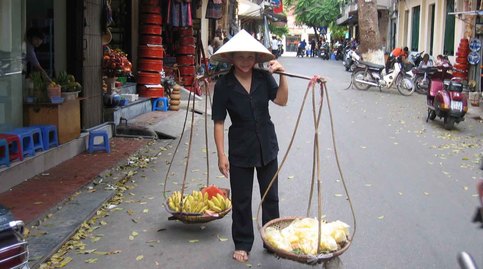
Co-financing
The vast majority of research projects supported by NTW also benefit from other funding sources. The researchers usually apply to various potential sponsors, including NTW. The association has for years been interested to share projects costs with other sources (click here for some examples).
Advantages
For the researchers
- it helps the researchers, especially the younger ones to become more competitive in the area of fund raising
- it stimulates the admission of researchers from the South into networks
- there is quite often a “seed money” effect: a small NTW grant attracts broader support from a larger sponsor
For NTW
- it has a multiplying effect on every euro or dollar by NTW
- it sometimes provides an opportunity for extending NTW'mission to other components of sustainable development
For the co-sponsors. It gives them the opportunity to :
- benefit from our experience and notoriety
- take advantage of our major asset : our Scientific Committee
- use our flexibility and independence
Forms of co-financing
NTW is engaged in three types of cost sharing :
- Sharing project costs with other sponsors without a formal agreement with such sponsors. This is the most common case.
- Indirect agreement with the co-sponsor : generally it is the researcher who conducts the discussion and reaches mutual agreement. Examples: CEMUBAC(
Burkina Faso ); Ellison Foundation (Zambia ); Nestlé Foundation (Bangladesh ); Sight and Life (India - Direct co-financing agreement between NTW and the co-sponsor. Examples : IFS (
Cameroon ); ICCIDD (West Africa )
